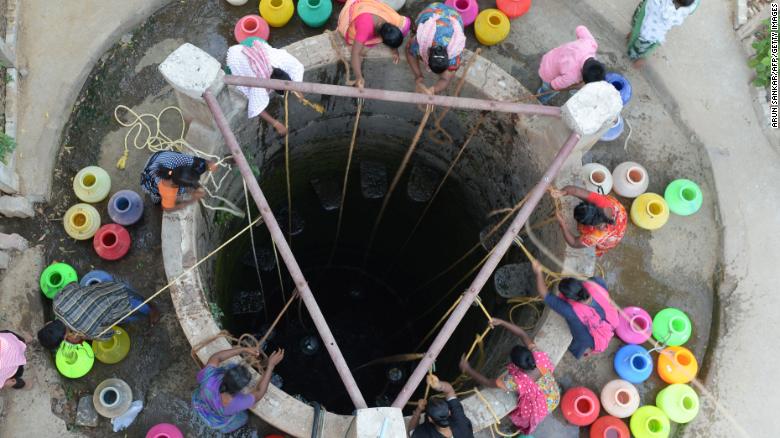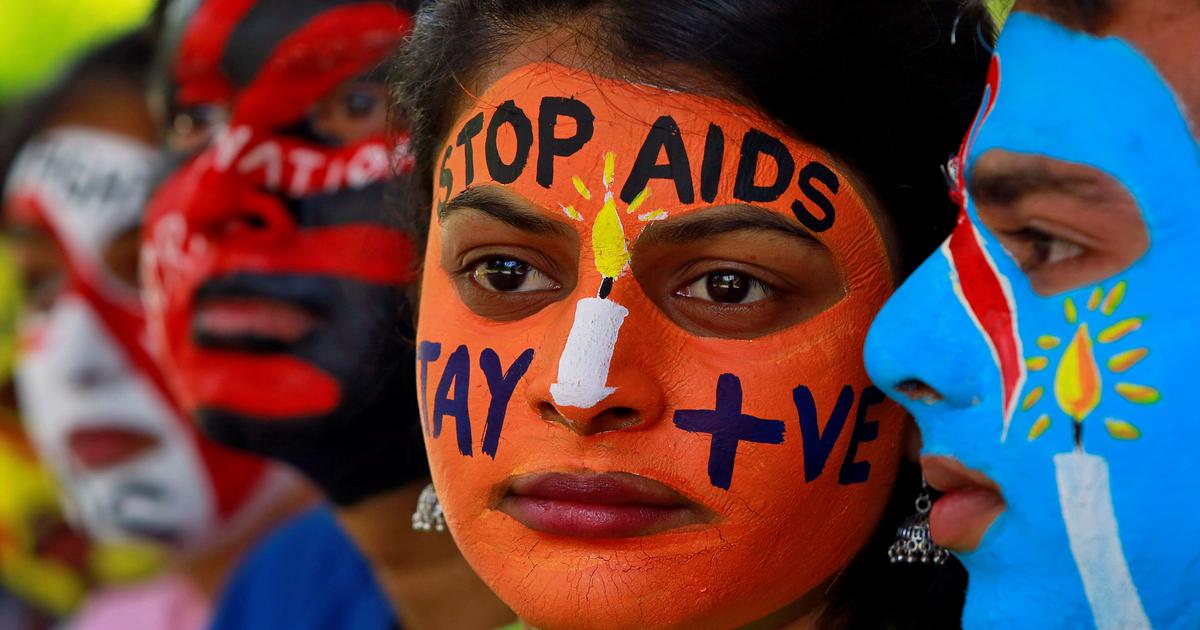The movie ‘Contagion’ released in 2011, starring Matt Damon, Jude law, Kate Winslet, Gwyneth Paltrow, is today readily available on Amazon Prime for Indian Millennial viewers. The significance of the movie is that it paints the exact same reality of today’s lockdown – led by the words of ‘social distancing’, ‘fomites’; teaching us all the lessons that we shamelessly ignored, hence ignoring the impending crisis as a figment of someone’s imagination.
This figment of someone’s imagination backed up by numerous researches and the 2019 episode of the Netflix ‘Explained’ series when Bill Gates told all of us that the world was ill-prepared to deal with a global pandemic. Bill Gates even warned of the likelihood of a virus breaking out in one of China’s wet markets – exactly like the one in Wuhan where Coronavirus is alleged to be originated from.
Today, the chain of events has led us as a country into a 21 day nation-wide lockdown, affecting our daily lives, affecting the economy and productivity of the country. At the same time, putting India’s poor, old, and homeless at even more risk. The pandemic has also laid stress on the ill-equipped nature of India’s hospitals and the health care system which is functioning without ventilators and optimum protective masks and gears. This begs us to question our preparedness, what would we do if we didn’t have a valiant medical community who is fighting for our survival day and night? Why are they without resources? Why didn’t India have a stronger and well equipped healthcare system? Why did we spend so less of our GDP on our healthcare?
The pandemic has also laid stress on the ill-equipped nature of India’s hospitals and the health care system which is functioning without ventilators and optimum protective masks and gears. This begs us to question our preparedness, what would we do if we didn’t have a valiant medical community who is fighting for our survival day and night?
This also gives us an opportunity – To prepare.
We all have heard that the next World War would be a water War due to water crisis. We have seen numerous clashes related to water in our daily lives, and now also witness the growth of private, packaged drinking water industry. I visited such R.O Water Camper and pouches facility near Gwalior, Madhya Pradesh. The industry has grown at an exceedingly high rate and so has the price of water. An average Water camper (available image below) is for INR 30 and lasts 2-3 days for a single individual, turning the average cost for a family of 4, for a month – INR 800-1000.
This supply of drinking water is common in industries, offices, hotels, households in areas with hard water and even in all our apartment complex today in major cities. This extra expenditure for safe drinking water along with the water bill, while not affecting the wealthy, adds stress on the poor and also on the water supply – proving even detrimental on underground water resources available around our cities. The facility I visited, was 10 kms from Gwalior, with easy access to underground water (around 30ft deep) when in areas of Gwalior the underground water is not even available for 250 – 300ft deep dug tubewells. Such areas across our cities are now being exploited mercilessly, hence setting up the entire area for underground water drought. Therefore, setting ourselves up for an even worse water crisis.
Another facet, of the water crisis is in the inter-state and intra-state water conflicts we have seen and how long they have festered resentments and political tensions in their area before a long stretched out resolution by the tribunals. (Example – Tensions between India and Pakistan over the Indus Water Treaty, Sir Creek Dispute with Pakistan, Disputes with Sri Lanka over Gulf of Mannar, or tussle with Bangladesh over water of the Ganges).
These conflicts could rise and worsen in to ‘Water Wars’ due to climate change, population growth and could become real enough like Covid 19 if we don’t take steps to prevent them since according to researchers, the hotspots for these hydro-political issues are often along densely populated areas of the Nile, Ganges-Brahmaputra, Indus, Tigris-Euphrates, and Colorado rivers.
These conflicts could rise and worsen in to ‘Water Wars’ due to climate change, population growth and could become real enough like Covid 19 if we don’t take steps to prevent them since according to researchers, the hotspots for these hydro-political issues are often along densely populated areas of the Nile, Ganges-Brahmaputra, Indus, Tigris-Euphrates, and Colorado rivers.
While a water water between two sovereign states would be worse, we need to look at the domestic conflicts in India as well. We need to learn to not politicise water disputes, not use them for electoral gains (which is easier said than done). Kaveri water dispute (Karnataka and Tamil Nadu) is case in point.
Also read: Is The Water Crisis In India The Beginning Of Climate Breakdown?
Urgent Steps Required
We need to recognise that leadership is such circumstances needs to come from the experts. Government institutions need to work hand in hand with Water Policy advisors, Water Management experts as well as those who understand how community managed resources work. This should then be culminated into a national, state and district wise plan for water crisis.
- We need to learn from our Environmentalists such as Vandana Shiva, who recommends the following : (Specific to Indian conditions)
- Restore the conventional methods of water conservation like Baolis, Jhods, Ponds, Tankas
- Introduce rainwater harvesting
- Change the cropping pattern of agriculture
- Instead of growing water intensive crop like paddy and sugarcane, introduce crops like millet, ragi, which consume less water
- In cities instead of Public Private Partnership (Privatisation of water) Public-Public partnership (Public and Government) is an alternative for water cnsls
- Proper water conservation measures should be used. People should be made aware and trained on the techniques of water conservation
- Government schemes should be implemented properly
- Involve Public Raj Institutions (PRIs) and NGO in the management of rural water supply
- Women should be trained as water managers for the better utilization of water
- Future programmes/projects should be designed, keeping in view the women as water users
2.The government needs to use social media and television platforms as it has done today in the grips of COVID 19. We need to prepare our population to conserve water on the same war footing to resist water crisis.
3. We need to learn from the US Flint crisis – check the safety our pipelines.
4. And ensure that children drink water free from lead, high amounts of fluoride and pesticides.
5. Conservation of Water needs to be made compulsory by charging for units of water through a meter as in South Korea and other countries. This will check the endless wastage of water.
Also read: Why Women Bear The Burden Of India’s Water Crisis
In the words of Medha Patkar who led, Narmada Bachao Andolan– “If People like you, who consume not more than 40 liters of water a day, do not get access to it, Government has no right to be in power.” While I believe the public needs to take responsibility for their water resources, I also believe that the government needs to rethink its engineering and irrigation dominant water policies.
Indu Gupta is an Assistant Professor of Political Science at Netaji Subhash Chandra Bose Government Postgraduate College, Biaora, Dist-Rajgarh. A Delhi University alumni, she has previously done stints with the Embassy of the Kingdom of the Netherlands, New Delhi and as a Junior Research Fellow. She writes actively on Gender, Development and Political issues through her blog on Medium and various publications. She can be reached at induguptaa1994@gmail.com. You can follow her on LinkedIn.
Featured Image Source: CNN




